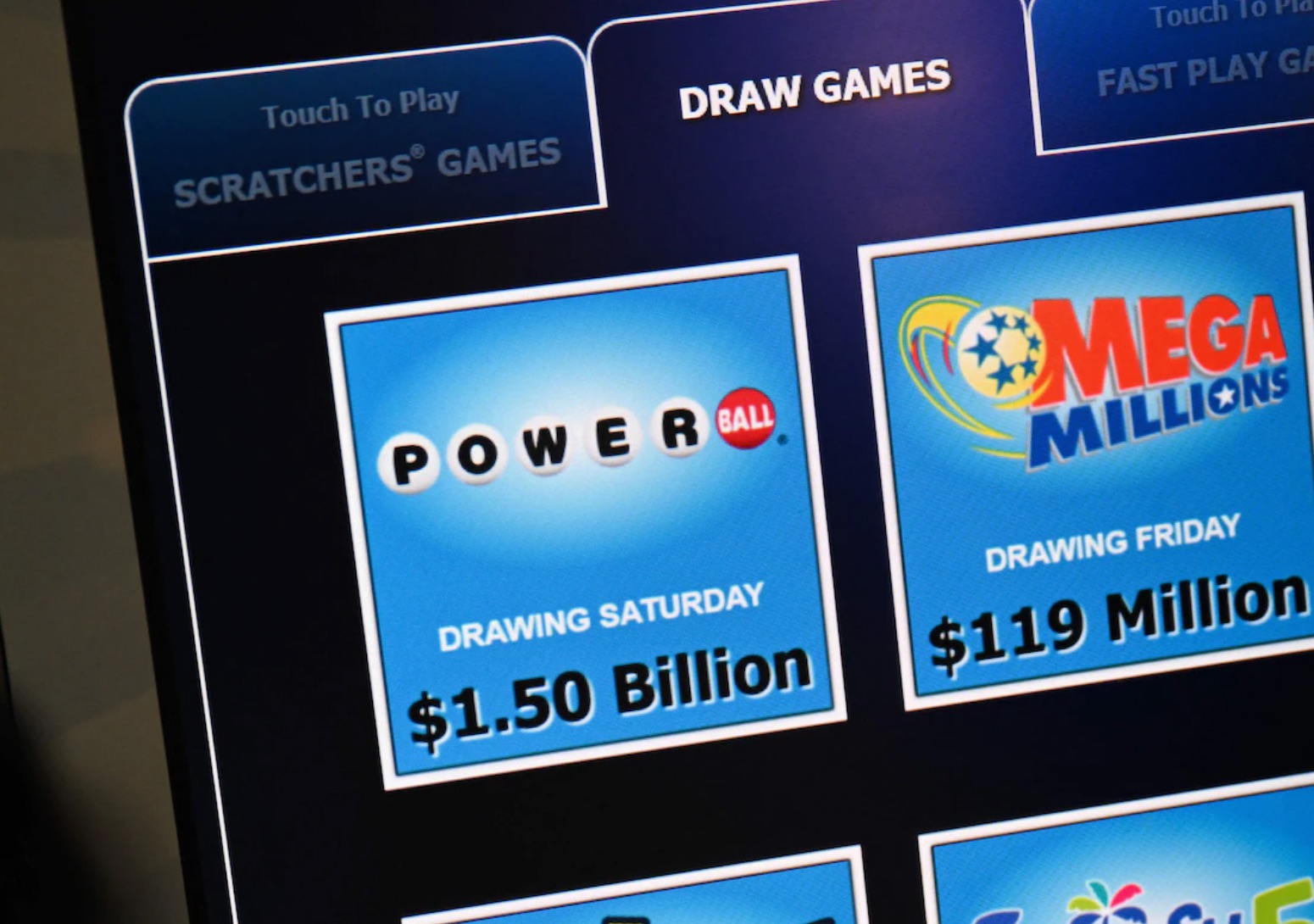Last night at 10:59 p.m. ET the numbers “dropped” for the $1.6 billion (or so) Powerball jackpot. Instead, the winner can just take the lump sum option of $782.4 million…if there is a winner.
Where are we going? To what the lottery can teach us.
Lottery Winners
The lottery can tell us something about the economy. One Cornell economist concluded that lottery ticket sales increase when there is drop in the GDP or a hike in unemployment.
Describing what they would do with the money, the replies included eliminating debt, buying houses for themselves and relatives, taking a trip to Disney and buying a boat, a pick-up truck, or a hot-rod. One winner built a water park. Another started a women’s professional wresting organization. One winner’s brother hired a hit man to kill him for the inheritance. The brother was arrested before the plot was carried ut. Another winner invested in an illegal drug ring, was soon arrested, and spent 21 years in jail.
In 1730 or so, the French philosopher Voltaire earned enough from the lottery to support his less lucrative life as a philosopher. At the time, hoping to encourage bond sales, France connected lottery tickets to bond purchases. Collaborating with Charles Marie de la Condamine, Voltaire figured out that if you bought a massive number of the cheapest bonds (for which he needed 12 other people) and equally inexpensive lottery tickets, you would guarantee winning a huge lottery payout that exceeded what you spent..
Similarly, in Jerry and Marge Go Large, we can see the charming story of a version of the Voltaire scam.
But sadly, in the U.S., winning is unlikely. Your chance for last night’s drawing is 1 in 292.2 million.
In 2016, WSJ displayed the odds:

Recipients of Georgia Land Grants
In another study that focused on the impact of unexpected wealth, researchers followed the descendants of individuals who got land grants from the state of Georgia. The grants were distributed through an acreage lottery in which more than 97% of the state’s eligible males participated and close to 15% won. The winners received a valuable parcel of land that they kept or sold.
Economists thought that by following the households that received the windfall through several generations, they could form conclusions about the impact of a wealth transfer on human capital, poverty and economic growth. More wealth, they hypothesized, could impact school attendance.
It did not.
Our Bottom Line: Probability Neglect
Nobel economics laureate Daniel Kahneman might say that lotteries display probability neglect because ticket buyers know they have an infinitesimal chance of winning. Somewhat irrationally, we ignore the probability because it makes us feel so much better. Meanwhile, in Lecture 6 of Great Courses/Behavioral Economics, we are told that our personal response to an event matters. When a terrorist event becomes more vivid, for example, we imagine more of a probability that it will happen.
Perhaps many of us have been imagining life as a billionaire.
My sources and more: For an update of past lottery post, this CNN article had the Powerball facts. Then, this econlife post had some other stories. as did this WSJ article. Please note that several of today’s sections were in past econlife posts on the lottery.






